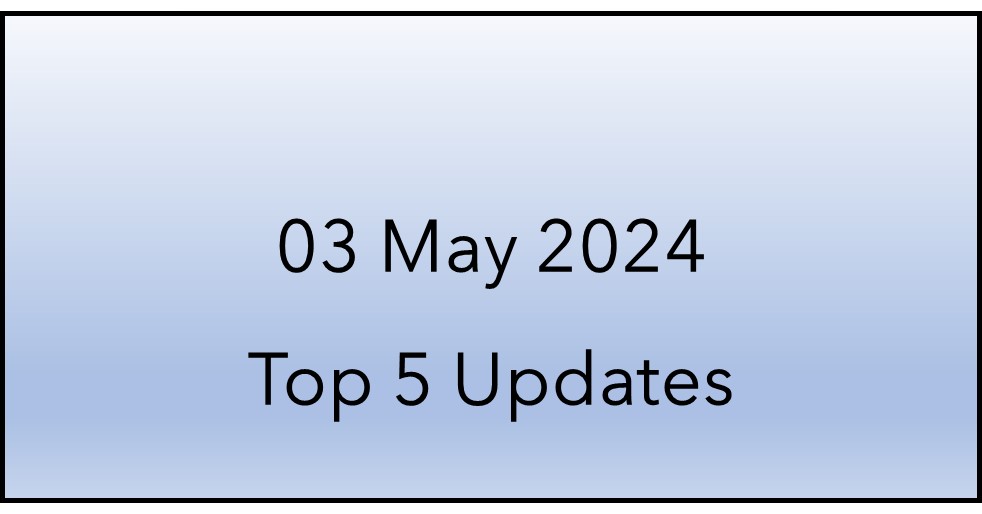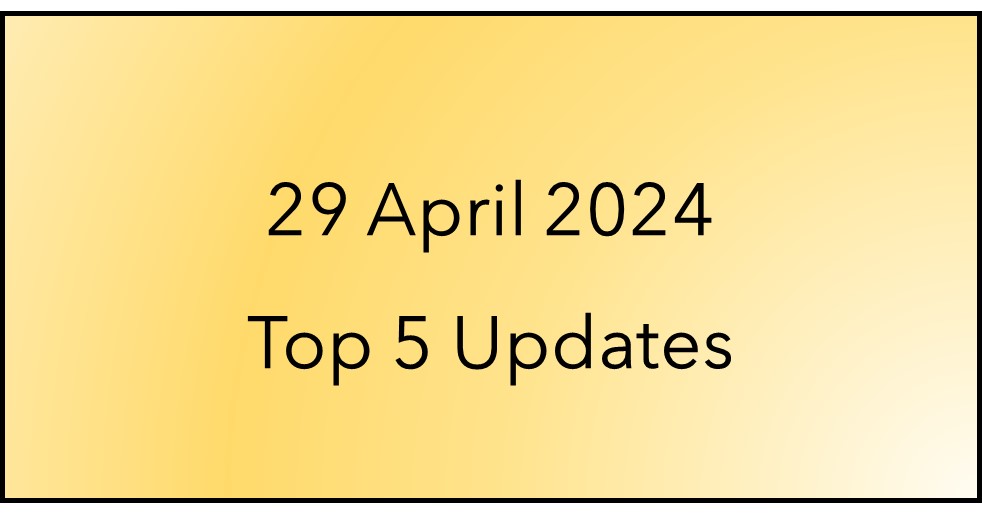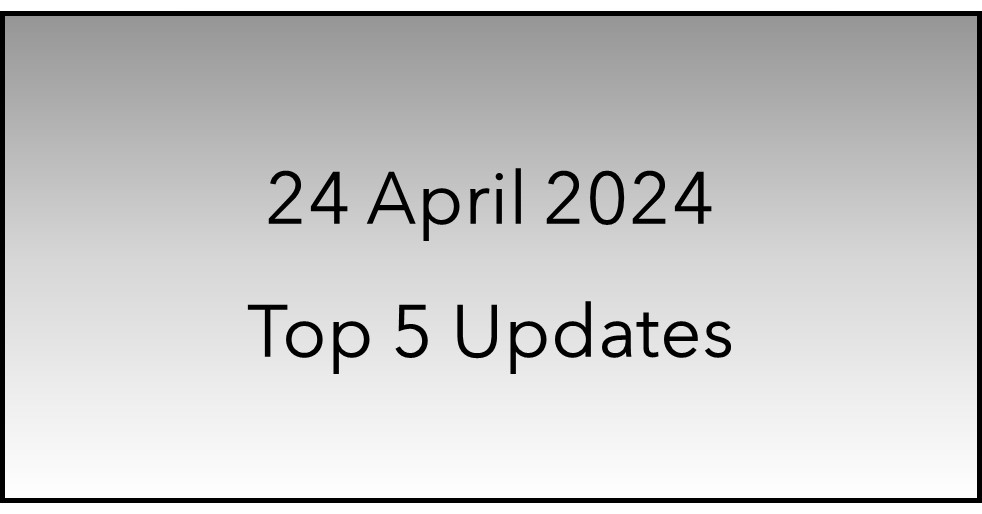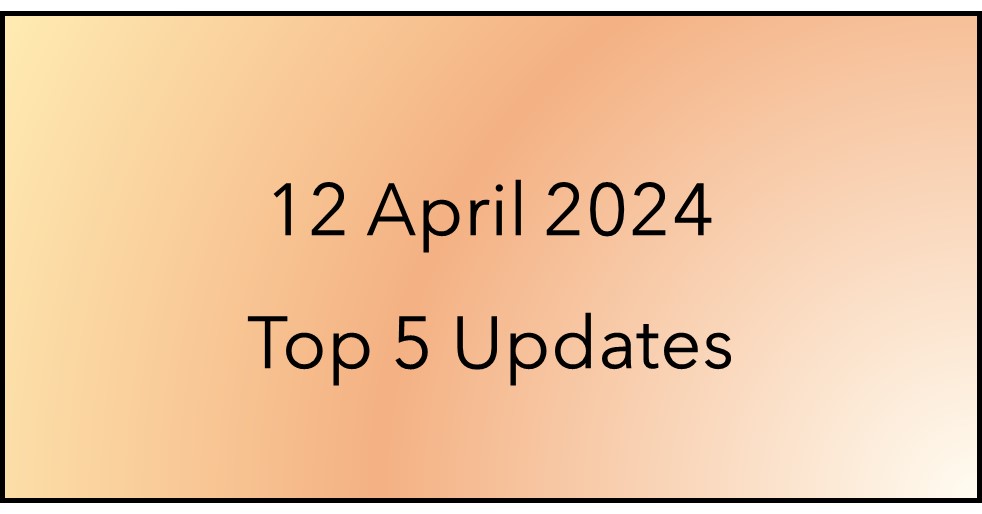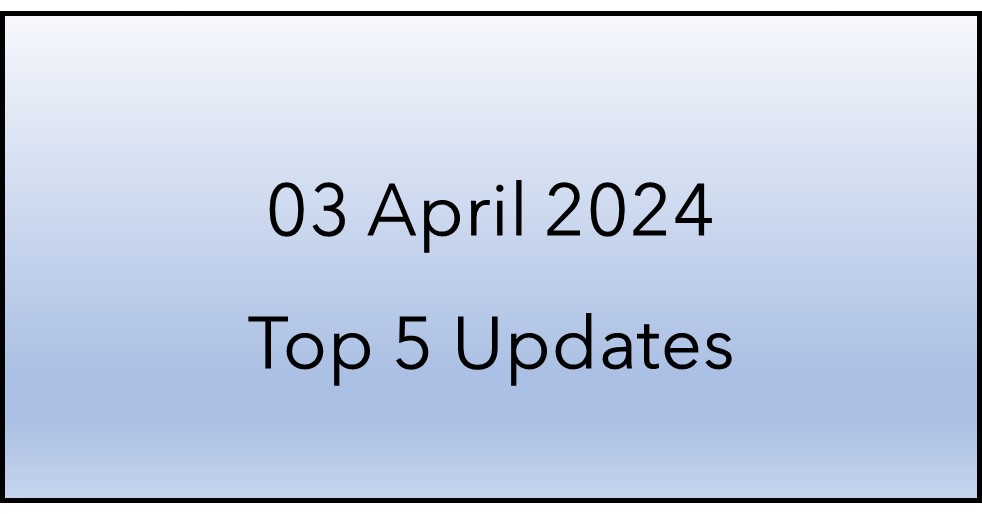Dear Reader, we are happy to share the most interesting legal and policy updates concerning health industry that we read today. We hope you enjoy reading it.
Absence of essential medicines in a hospital constitutes medical negligence
India’s National Consumer Dispute Redressal Commission (NCDRC) has held that absence of an essential injectable medicine within the hospital, resulting in administration of an alternate injection to a patient who later died, constituted medical negligence. The court ordered the Hospital to pay Rs 25 Lakh as compensation.
Source: bit.ly/3UtaJ7u
Cost of conducting clinical trial of drug published in public domain for first time
Médecins sans frontières (MSF/doctors without borders), a non-governmental organization dedicated to delivering international medical aid, has published cost of conducting clinical trial of a new drug. As per MSF, no pharmaceutical company has published actual cost of conducting clinical trials, though such costs are frequently referenced to justify high drug prices.
Source: bit.ly/3wjvo5J
Indian standards for infant formula permit addition of sugar, therefore controversy surrounding added sugar in infant food unwarranted: Industry
A popular infant formula formulation company has clarified that the sugar content in their product is within the limits prescribed by India’s food regulator, Food Safety and Standards Authority of India (FSSAI). This clarification was issued after reports that the product being sold in low-and-middle income countries has high sugar content.
Source: bit.ly/3UsnaQH
Indian medical device regulator has allowed sale of sleep apnea devices post rectification of foam degradation issue
A major manufacturer of sleep apnea therapy devices has reportedly confirmed that its devices are sold in India without the foam degradation issue, which had previously caused it to recall its devices in India and around the world. In the US, the manufacturer has agreed to provide users of affected devices with new, updated, or equivalent devices with a renewed warranty or a refund.
Source: bit.ly/3WufUXh
Revised guidance for referencing of biological products by biosimilar drugs published for comments by US FDA
The US Food and Drugs Administration (USFDA) has released a revised guidance entitled “Promotional Labeling and Advertising Considerations for Prescription Biological Reference Products, Biosimilar Products, and Interchangeable Biosimilar Products.” The guidance addresses various questions that manufacturers, packers, distributors, and their representatives/firms may have when developing FDA-regulated promotional labeling and advertisements (promotional communications) for prescription reference products, biosimilar products, and interchangeable biosimilar products licensed under the Public Health Service Act (PHS Act).
Source: bit.ly/3wudFsl

